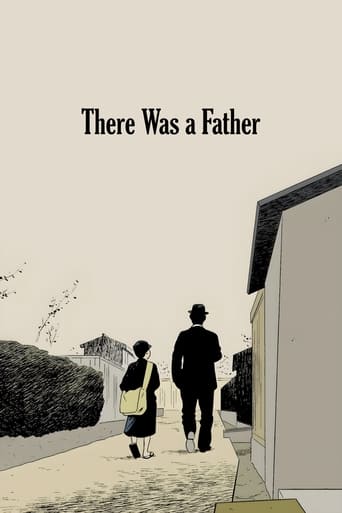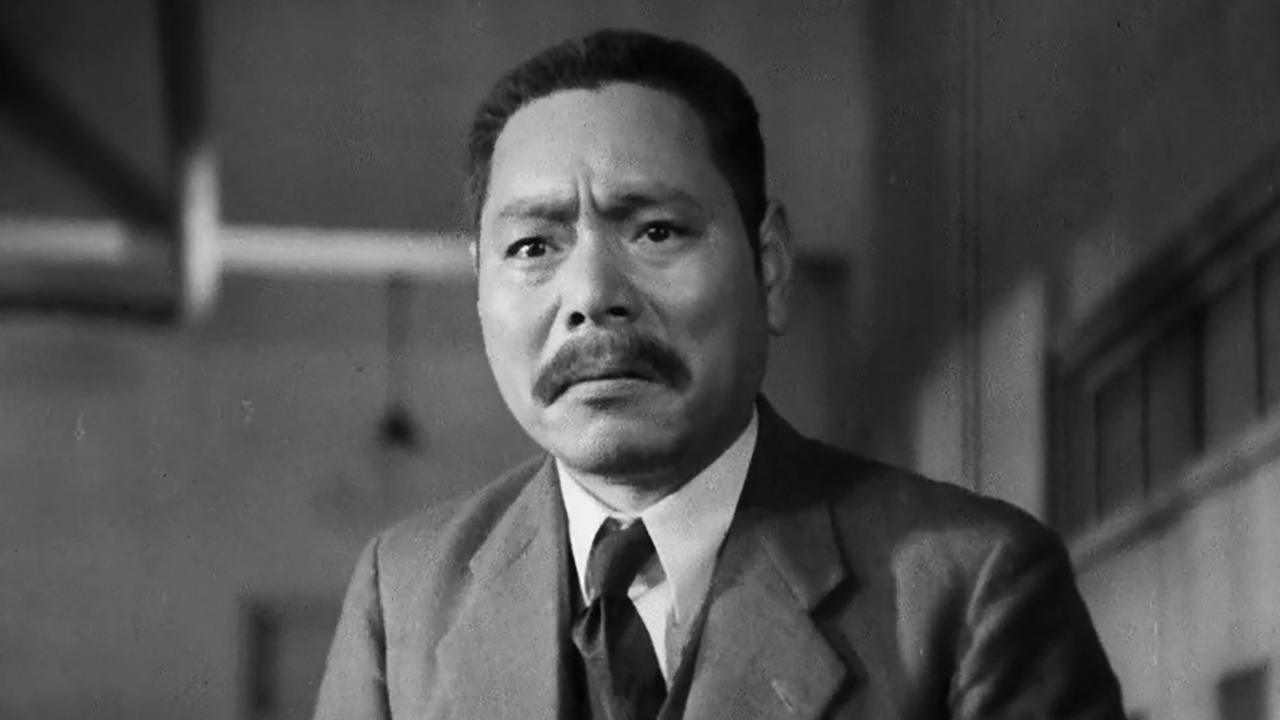Luis Angel Gonzalez
Another simple story perfectly made and portrayed by Ozu. This time it is about the relationship between father and son and how they had to separate from each other throughout their lives.I think this has been the slowest paced film from his earlier films I've seen so far, though I'm not really sure. The camera sometimes shows or focuses on places (for instance the shot in the building where the father works) and prolongs itself into them. Those takes might not add anything to the plot, but they surely give a more vivid feel to the film.The film is really worth watching for all lovers of Japanese cinema; it is also the one I've liked the most from Ozu's earlier films. Needless to say, and as I've been mentioning in the other reviews, if you're not into Ozu's filmmaking style, then you shouldn't bother checking this out.
zetes
Lesser, but, of course, still fine Ozu. It might come off as better if it had not been edited by American censors after the war, or if the existing print were a little less damaged (it's easily the worst print I've ever seen Criterion put on DVD, and they apologize profusely in the booklet for it; of course, it's of the best quality that is available). Chishu Ryu, in his first starring role, plays the titular father. The film opens with him quitting his job as a teacher after a student under his supervision has died. A widower, he moves away from the city with his young son in tow. After he finds a good school, he abandons his son to move back to Tokyo, where he can find better work. The meat of the film is the torn relationship. The son isn't bitter, exactly - more hurt that his father is far away. When he grows up, he wants to quit his job as a teacher to move to Tokyo to be with his father, but his father refuses the idea. Every person must do their job the best they can. While the message of every citizen doing their duty is a part of the film's wartime propaganda, it doesn't really come off as such. It feels more like Ryu is always punishing himself for his own career failures, or maybe that he fears that his son will be a failure like himself if he quits his job. Yet Ryu's character never comes off as cold - he loves his son, and his son loves the heck out of him. It's as if the forced separation is pathological. All the scenes between the father and son are golden. I did think that whenever the film strayed from them it wasn't as strong, and the pacing feels a little weird at times (almost certainly from the editing the film suffered later on). The final moments are killer.
alsolikelife
Another sober wartime drama, this time a sort of reworking of THE ONLY SON as a widower schoolteacher decides to send his boy to a boarding school to give him the best education possible and seek a higher paying position to afford tuition. The film takes a sudden leap forward in time as the grown son desires to take care of his aging father, but the father forbids the son to compromise his own career. The war is barely mentioned but the film can easily be read as a propagandistic statement about self-sacrifice and devotion to duty, even at the cost of family unity. However, the pensive, tentative mood Ozu captures at the end, embodied in the son's distant, troubled look as he thinks about his father, hints at Ozu's own reservations with the moral message being issued. The scenes of father and son together in both halves of the story have a gentle perfection that gives the film all the beauty it requires, thanks to great performances by Shuji Sano as the grown son and Chishyu Ryo as the father. Amazingly, Ryu was only 38 when he gave this totally believable performance as an aging patriarch -- in fact he barely looks any different than he does in AN AUTUMN AFTERNOON twenty years later!
Daryl Chin (lqualls-dchin)
Most of the films of Yasujiro Ozu take a very restricted time period: a few days at the most. "There Was a Father" is unusual in that the time span is actually quite long: it stretches over a number of years (this is also the case with "The Only Son"), as it chronicles the relationship of a widower with his son. The father, a schoolteacher (played by Chishu Ryu), struggles to make sure that his son has advantages that he never had; in this case, the son is appreciative of all that the father has done, and the relationship is one of the most heartwarming of all familial relationships in Ozu's work. "There Was a Father" represents one of the most beautiful depictions of a good parent in all of world cinema.


 AD
AD
